Are you scheduled to undergo shoulder surgery? While it's essential to focus on the surgical procedure itself, it's equally important to consider your home safety precautions before and after the operation. Whether you're preparing your living space or thinking about post-surgery recovery, taking the necessary safety measures can significantly improve your overall well-being and help you avoid further complications.

In this article, we will delve into the importance of home safety precautions surrounding shoulder surgery. From removing potential hazards in your home environment to creating an accessible and comfortable space for recovery, we will cover all the essential steps you need to take. By following these precautions, you can minimize the risk of accidents or injuries that may delay your healing process or cause additional pain.
Ensure a smooth and safe recovery by implementing these crucial home safety precautions. We'll provide you with practical tips and strategies that will help you navigate your everyday activities with ease. So, let's prioritize your safety and set the foundation for a successful recovery in the comfort of your own home.
Why Home Safety Precautions are Essential Before Shoulder Surgery
Before undergoing shoulder surgery, it is crucial to assess your living environment to eliminate any potential hazards. Taking the time to make your home safe and accessible will provide a stress-free recovery experience. Here are some key considerations to keep in mind:
Firstly, clear any clutter or obstacles that may obstruct your path, especially in common areas such as hallways and entrances. This will reduce the risk of tripping and falling, which can be particularly dangerous after surgery.
Secondly, ensure that all stairways and walkways are well-lit. Proper lighting is essential for visibility, especially during nighttime or when moving around in dimly lit areas. Consider installing motion-sensor lights to automatically illuminate key areas when you approach them.
Lastly, secure any loose rugs or carpets to prevent slipping. Use non-slip mats or adhesive strips to keep them in place and ensure stability. This simple step can significantly reduce the risk of falls, which can be particularly detrimental during the recovery period.
By addressing these safety concerns before your surgery, you can create a secure and hazard-free environment, setting the stage for a successful recovery.
Preparing Your Home for Recovery
After shoulder surgery, you will require a safe and comfortable space to rest and recover. Preparing your home in advance will allow you to focus on your healing without unnecessary stress. Here are some key steps to consider when creating a suitable recovery environment:
First and foremost, ensure that your bedroom is easily accessible. If your bedroom is located on an upper floor, consider temporarily relocating to a ground-level room to avoid climbing stairs. If this is not feasible, consider installing a stairlift or arranging for a temporary bedroom setup on the ground floor.
Next, make sure your bed is at an appropriate height. Ideally, the bed should be high enough to allow you to sit down and stand up comfortably without straining your shoulder. If necessary, use bed risers or adjustable beds to achieve the desired height.
Additionally, organize your living space to minimize the need for reaching or stretching. Keep frequently used items within easy reach and store less commonly used items in lower cabinets or drawers. This will prevent unnecessary strain on your shoulder and reduce the risk of accidents or falls.
Consider investing in assistive devices such as reachers, grab bars, and shower chairs to aid with daily activities. These tools can greatly enhance your independence and help you navigate your daily routine with ease. Consult with your healthcare provider or occupational therapist for recommendations on the most suitable assistive devices for your specific needs.
By taking these preparatory steps, you can create an environment that promotes safety, comfort, and independence during your recovery period.
Home Safety Precautions to Take Before Surgery
In addition to preparing your home for recovery, there are several safety precautions you should take before undergoing shoulder surgery. These measures will ensure a smooth transition from the hospital to your home and minimize the risk of complications. Here are some key precautions to consider:
Firstly, arrange for someone to accompany you home after surgery. The anesthesia and pain medication administered during the procedure can impair your judgment and coordination, making it unsafe to drive or navigate public transportation alone. Having a trusted friend or family member by your side will ensure your safe return home.
Secondly, stock up on essential supplies and medications before your surgery. Consider preparing a recovery kit that includes items such as pain medication, ice packs, bandages, and any prescribed medical supplies. Having these items readily available will prevent the need for last-minute trips to the pharmacy, allowing you to focus on your recovery.
Next, ensure that your home is well-stocked with nutritious food options. A healthy diet is vital for the healing process, and having a variety of nourishing meals and snacks readily available will prevent the need for frequent grocery shopping trips during your recovery.
Lastly, create a communication plan with your healthcare provider. Make sure you have their contact information readily available and understand the process for reaching out with any concerns or questions. Having clear lines of communication will provide peace of mind and ensure that you receive the necessary support throughout your recovery journey.
By taking these home safety precautions before your surgery, you can alleviate unnecessary stress and promote a smooth transition from the hospital to your home environment.
Home Safety Precautions to Take After Surgery
After shoulder surgery, it's crucial to continue prioritizing home safety to facilitate a successful recovery. Here are some key precautions to consider during the post-surgery period:
Firstly, follow the prescribed medication schedule and pain management strategies provided by your healthcare provider. It's essential to take your medications as directed to manage pain effectively and prevent any complications. If you have any concerns or experience unexpected side effects, contact your healthcare provider immediately.
Secondly, maintain a clean and infection-free environment. Follow proper hygiene practices, such as regularly washing your hands and keeping your surgical incision site clean and dry. Your healthcare provider will provide specific instructions on wound care, so make sure to follow them diligently.
Next, be mindful of your shoulder movement limitations. Avoid reaching, lifting, or engaging in any strenuous activities that may strain your shoulder. Adhere to the recommended range of motion exercises provided by your healthcare provider to aid in your recovery. Overexertion or excessive movement may hinder the healing process and lead to complications.
Additionally, ensure that your home remains clutter-free and free of any potential hazards. Arrange furniture and other objects to allow for easy maneuverability, especially in areas where you spend most of your time. Clear pathways and remove any loose rugs or carpets that may pose a tripping hazard.
Preventing Falls and Accidents During the Recovery Period
During the recovery period, it's crucial to take extra precautions to prevent falls and accidents. Here are some key strategies to keep in mind:
Firstly, use assistive devices as recommended by your healthcare provider. If you are advised to use a sling or brace, ensure it is properly secured and provides adequate support. Additionally, use any assistive devices, such as canes or walkers, to aid with balance and stability.
Secondly, take your time when moving around. Avoid rushing or making sudden movements that may throw off your balance. Take small steps and use handrails or other supports when necessary. It's important to prioritize stability, even if it means moving at a slower pace.
Next, be cautious when navigating stairs. If possible, limit your use of stairs during the recovery period. If you must use stairs, ensure that handrails are securely fastened and use them for support. Consider modifying your routine or temporarily relocating essential items to a more accessible floor to minimize the need for stair navigation.
Lastly, be mindful of wet or slippery surfaces. Use non-slip mats in the bathroom and place absorbent mats near entrances to prevent tracking water indoors. Dry any spills immediately to avoid accidental slips or falls.
Following these strategies will help minimize the risk of falls and accidents, ensuring a safe and successful recovery from shoulder surgery.
Assisting the Patient with Daily Activities
During the recovery period, it's essential to have a support system in place to assist with daily activities. Here are some ways that friends, family members, or caregivers can help:
Firstly, assist with personal care tasks such as bathing, dressing, and grooming. These activities may be challenging or uncomfortable for the patient immediately after surgery, so having someone available to lend a hand can make a significant difference.
Secondly, help with meal preparation and household chores. Shoulder surgery can limit a patient's ability to perform certain tasks, so having assistance with cooking, cleaning, and other household activities can alleviate stress and promote a smooth recovery.
Next, provide emotional support and companionship. Recovery can be a challenging and isolating time, so having someone to talk to and offer encouragement can greatly improve the patient's mental well-being.
Lastly, accompany the patient to follow-up appointments and therapy sessions. It's important to have someone available to drive and provide support during these crucial stages of recovery. Additionally, having an extra set of ears during medical appointments can ensure that important information is not missed.
By providing assistance with daily activities, caregivers can help shoulder surgery patients focus on their healing and recovery.
Home Safety Equipment for Shoulder Surgery Recovery
Certain home safety equipment can facilitate a more comfortable and secure recovery experience. Here are some key items to consider:
Firstly, invest in a shower chair or bench. These provide stability and allow for seated showers, reducing the risk of slips and falls. Make sure the chair or bench is sturdy and has non-slip feet for optimal safety.
Secondly, consider using a raised toilet seat or toilet frame with armrests. These assistive devices make it easier to sit down and stand up from the toilet, reducing strain on the shoulder and minimizing the risk of falls.
Next, use a bed rail or grab bars near the bed to aid with getting in and out of bed. These provide additional support and stability when transitioning from a lying to a standing position.
Additionally, use non-slip mats or adhesive strips in the bathroom and other areas prone to wet surfaces. These simple additions can significantly reduce the risk of slips and falls.
Finally, consider using a reacher or grabber tool to retrieve items from high or low shelves. This will prevent the need for reaching or stretching, which can strain the shoulder and lead to accidents.
By utilizing home safety equipment specifically designed for shoulder surgery recovery, you can enhance your comfort and safety during the healing process.
Conclusion: The Importance of Home Safety Precautions for Successful Shoulder Surgery Recovery
Prioritizing home safety precautions before and after shoulder surgery is crucial for a successful recovery. By removing potential hazards, creating an accessible and comfortable recovery space, and taking specific safety measures, you can minimize the risk of accidents, falls, and complications.
Remember to prepare your home before surgery, ensuring it is clutter-free, well-lit, and hazard-free. Create a safe and comfortable recovery space with appropriate bed height and easy access to essential items. Take necessary precautions before surgery, such as arranging for transportation, stocking up on supplies, and preparing a communication plan with your healthcare provider.
After surgery, continue prioritizing home safety by following post-surgery precautions, preventing falls and accidents, and seeking assistance with daily activities. Utilize home safety equipment to enhance your comfort and independence during the recovery period.
By implementing these home safety precautions, you can provide yourself with the best possible environment for shoulder surgery recovery, ensuring a smooth and successful healing process.




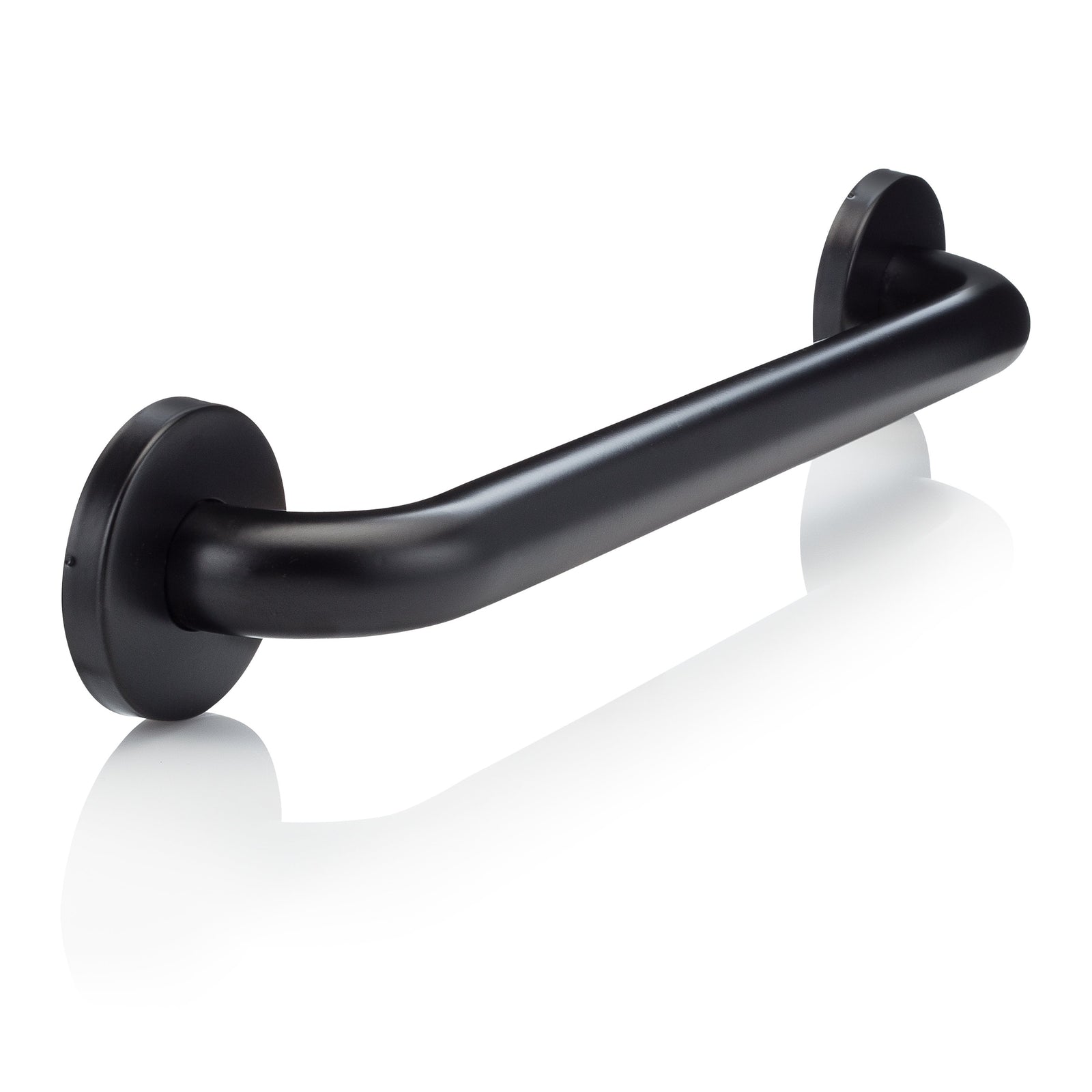
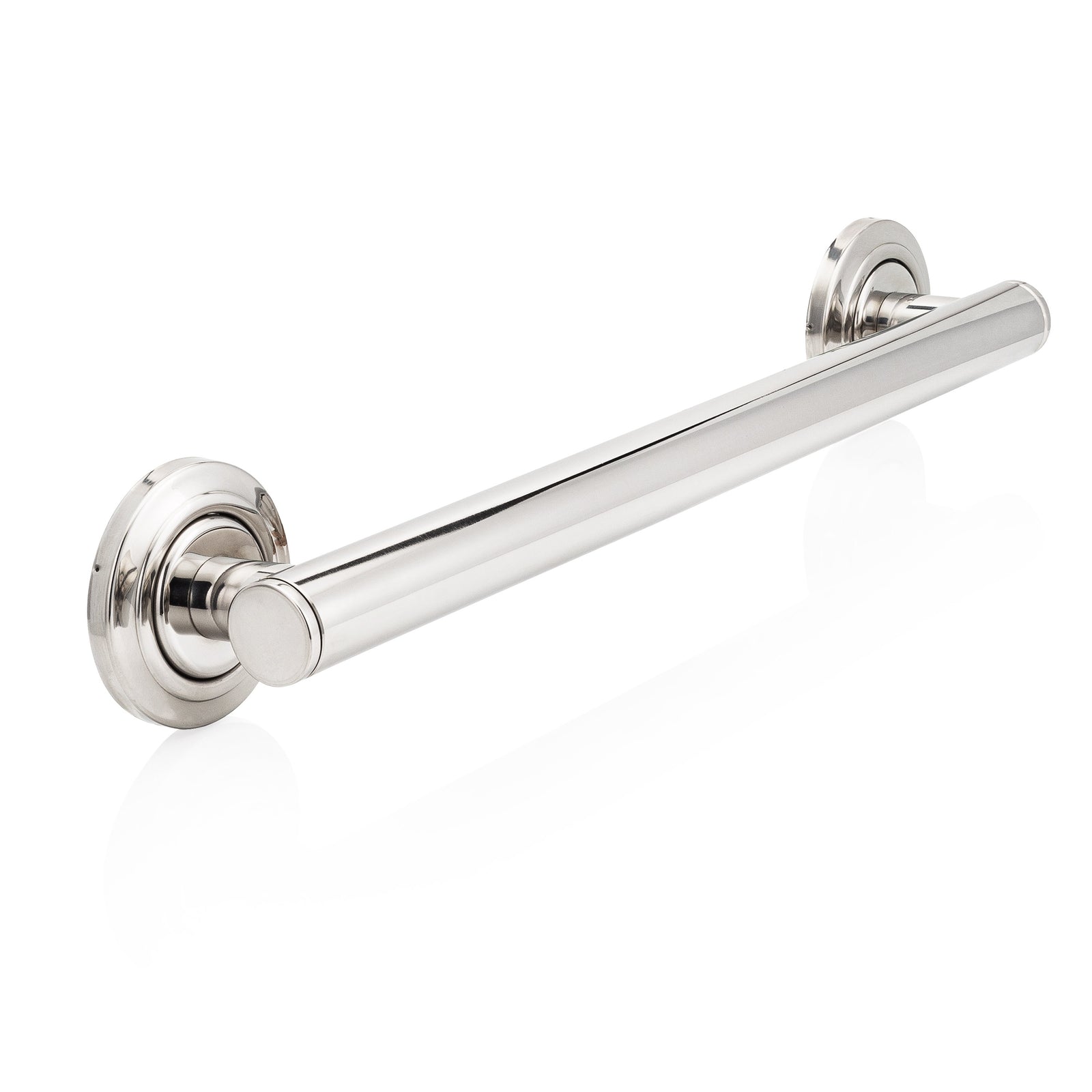
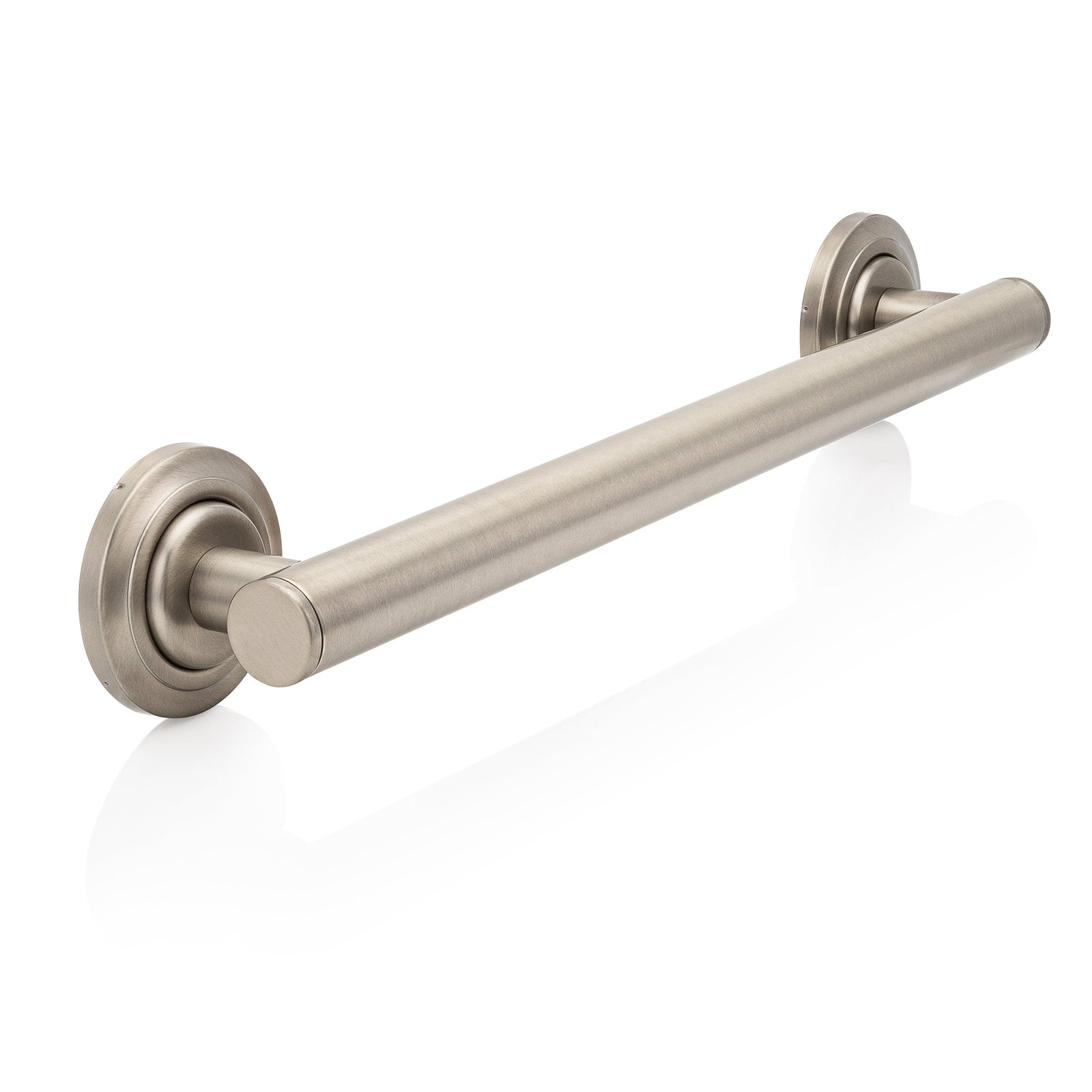
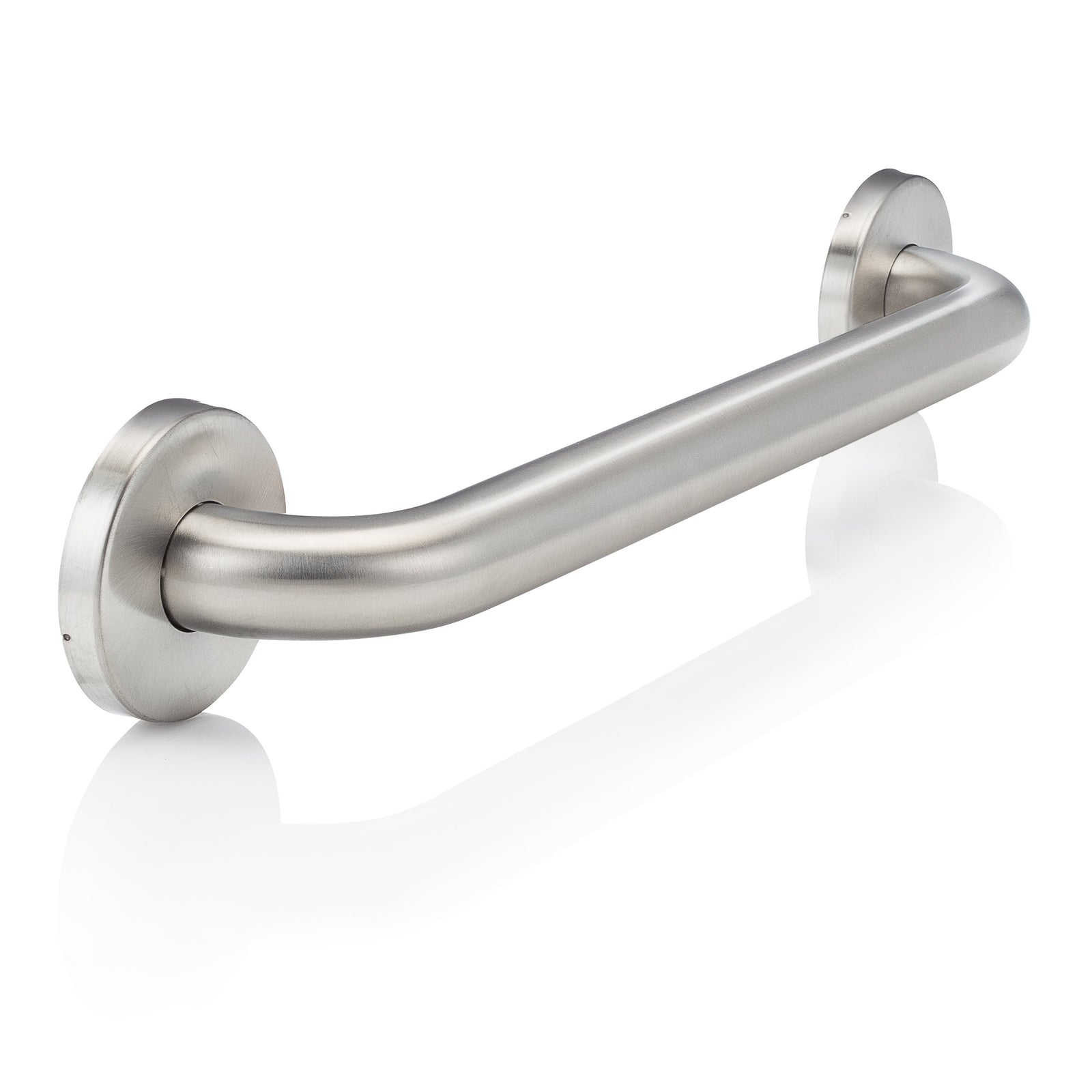
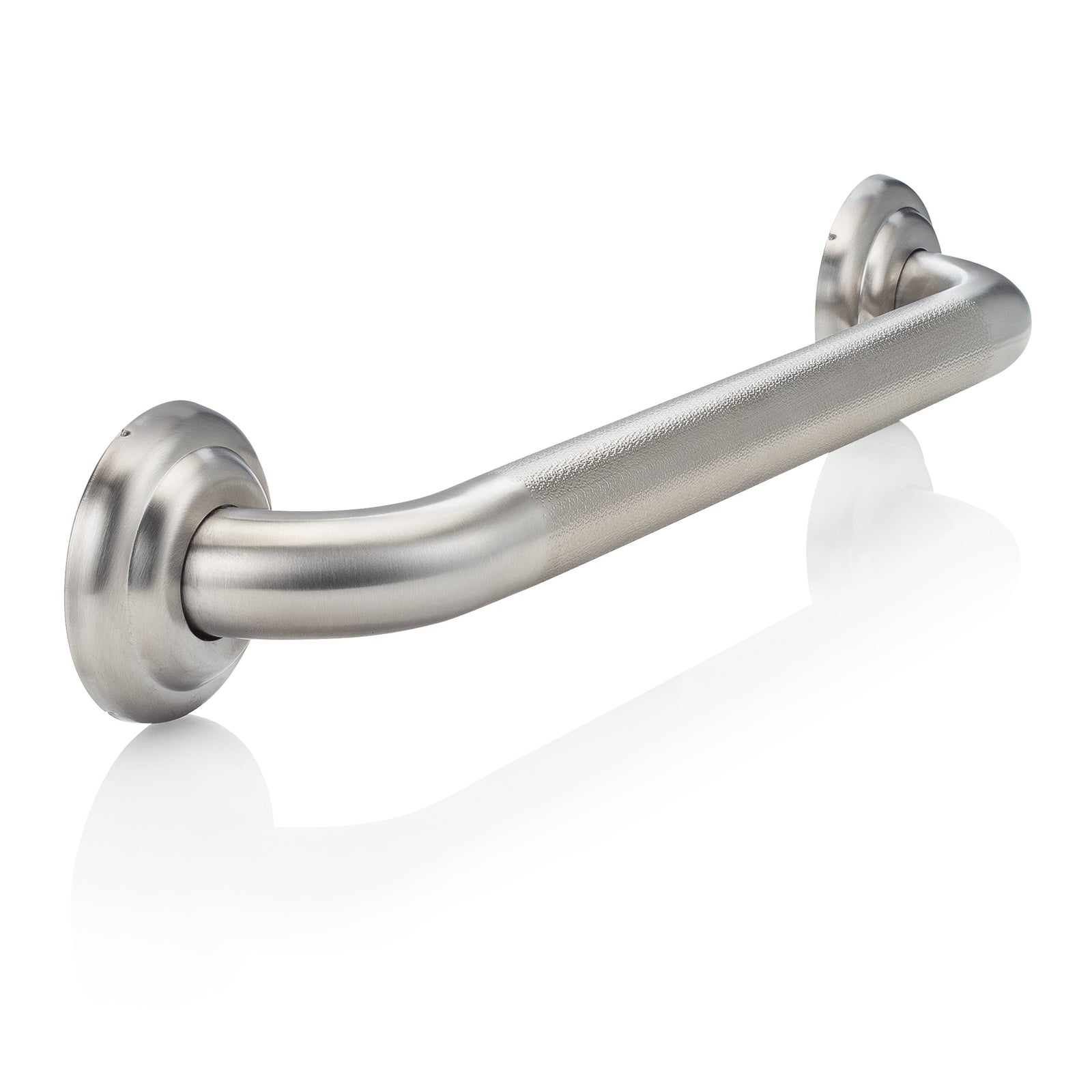
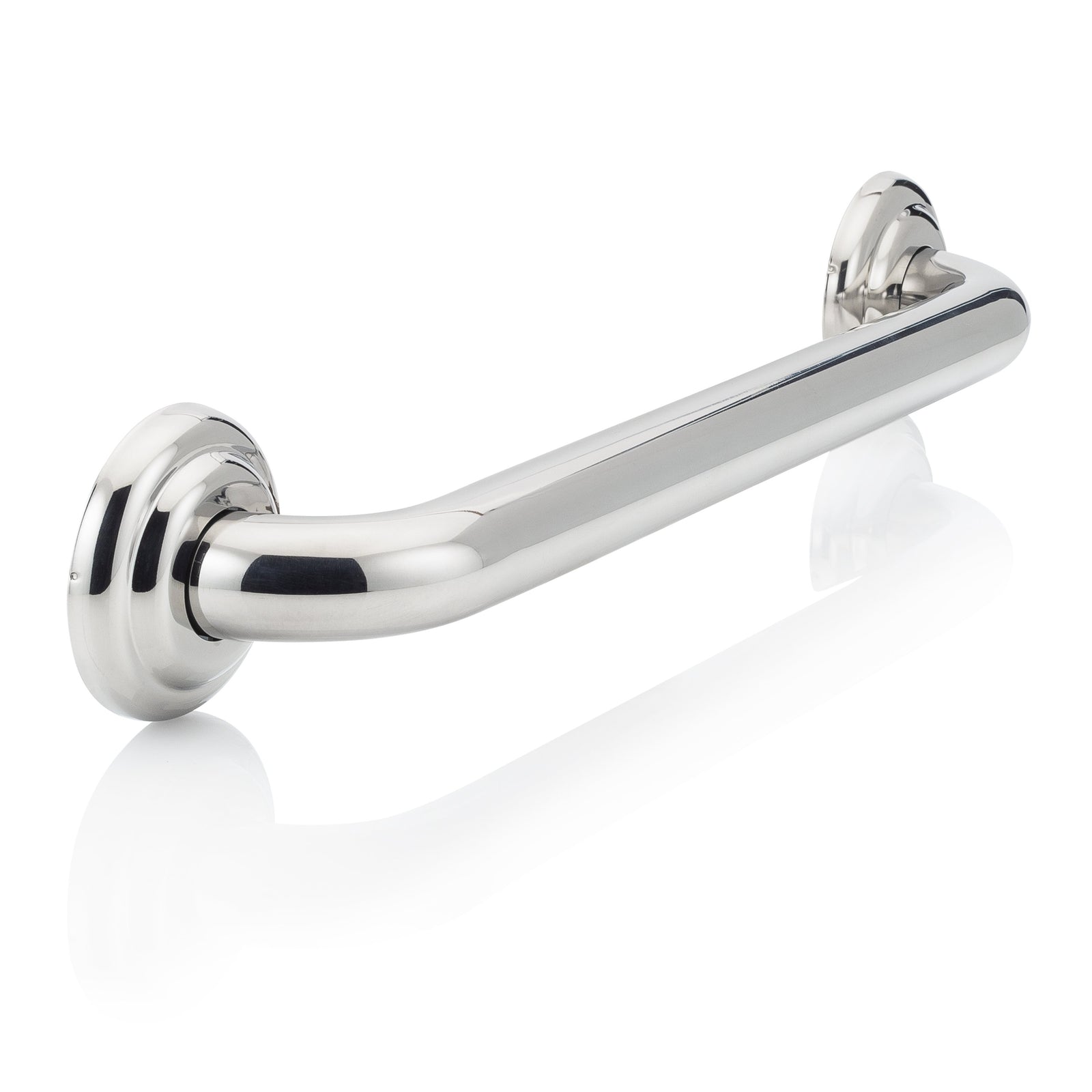
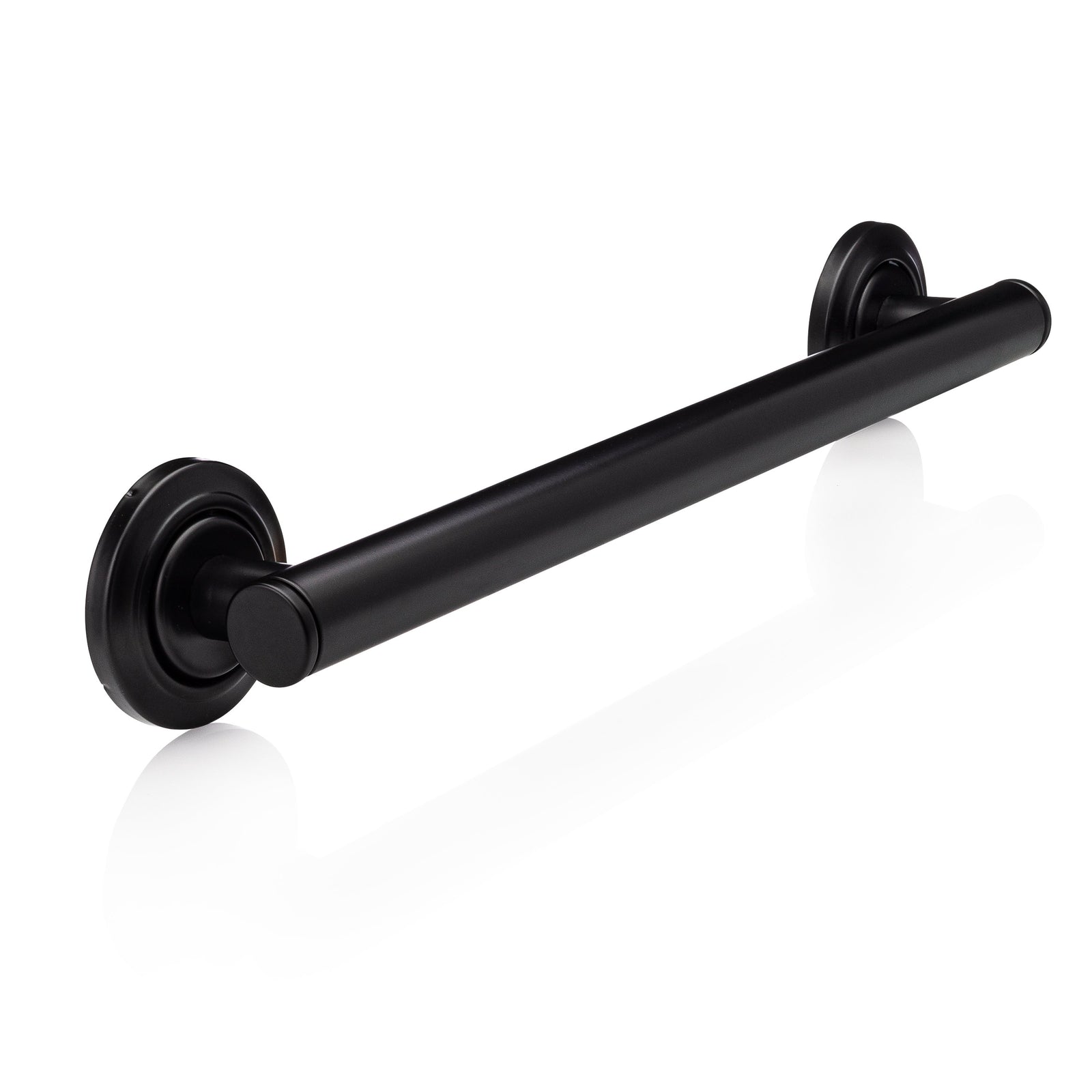
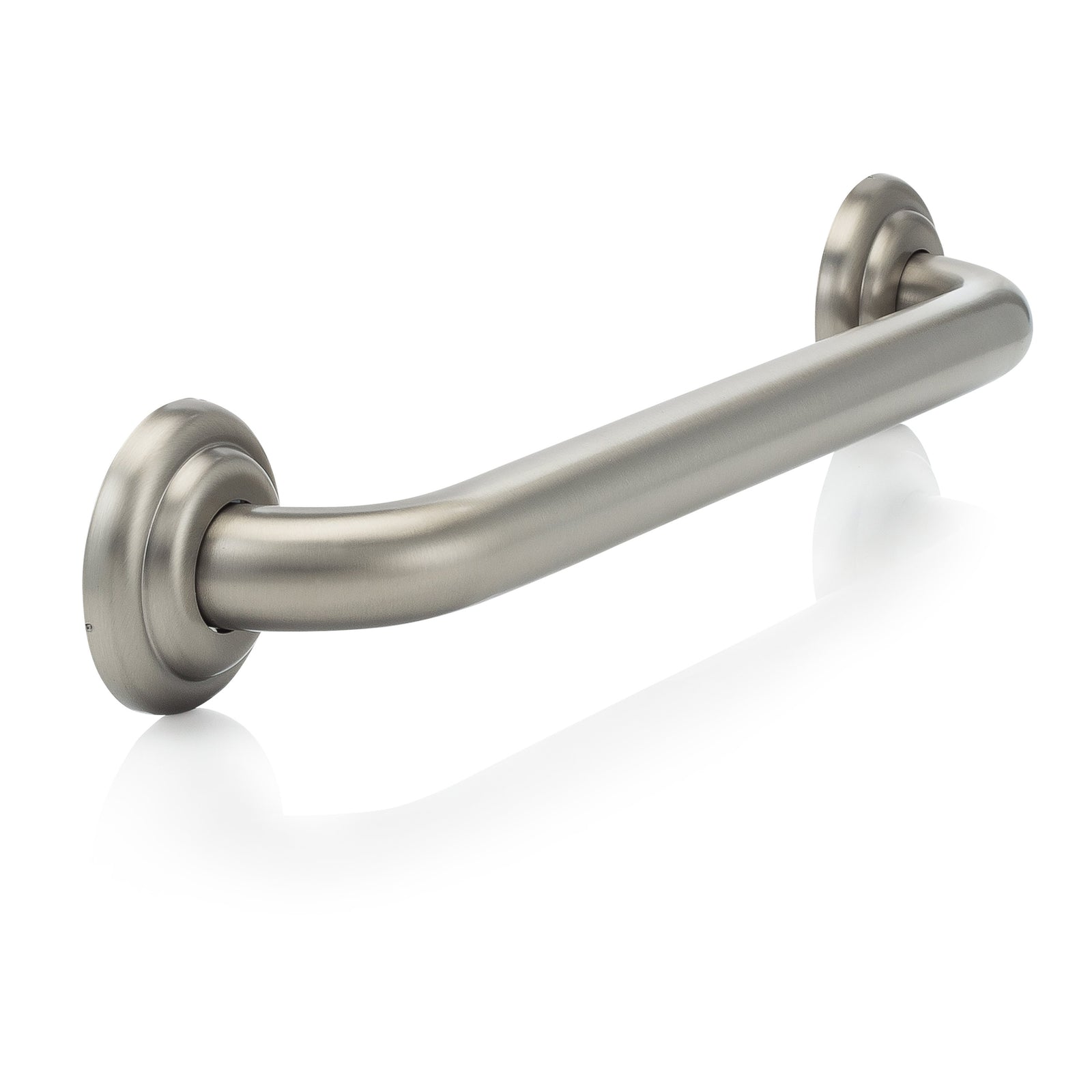
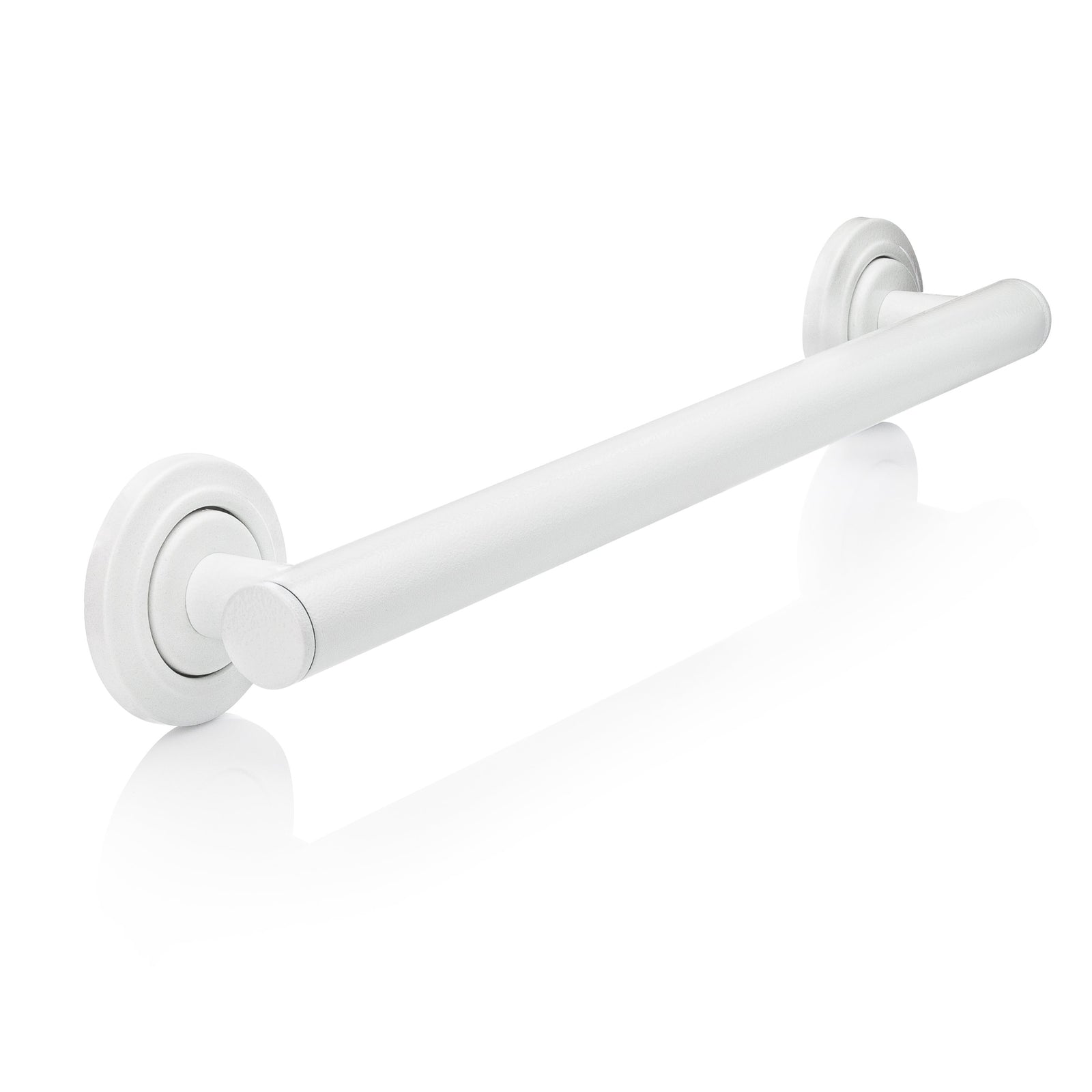
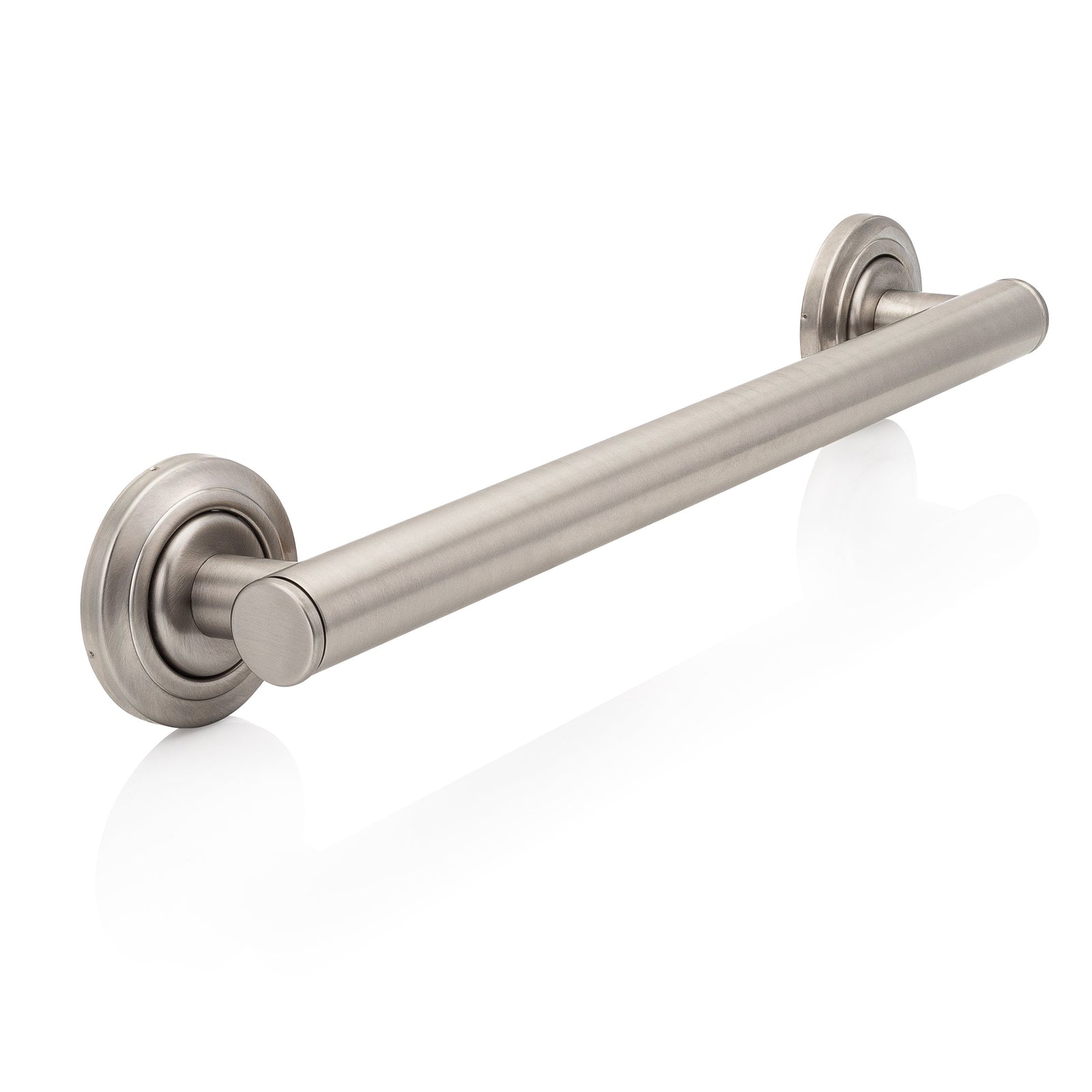
Leave a comment (all fields required)